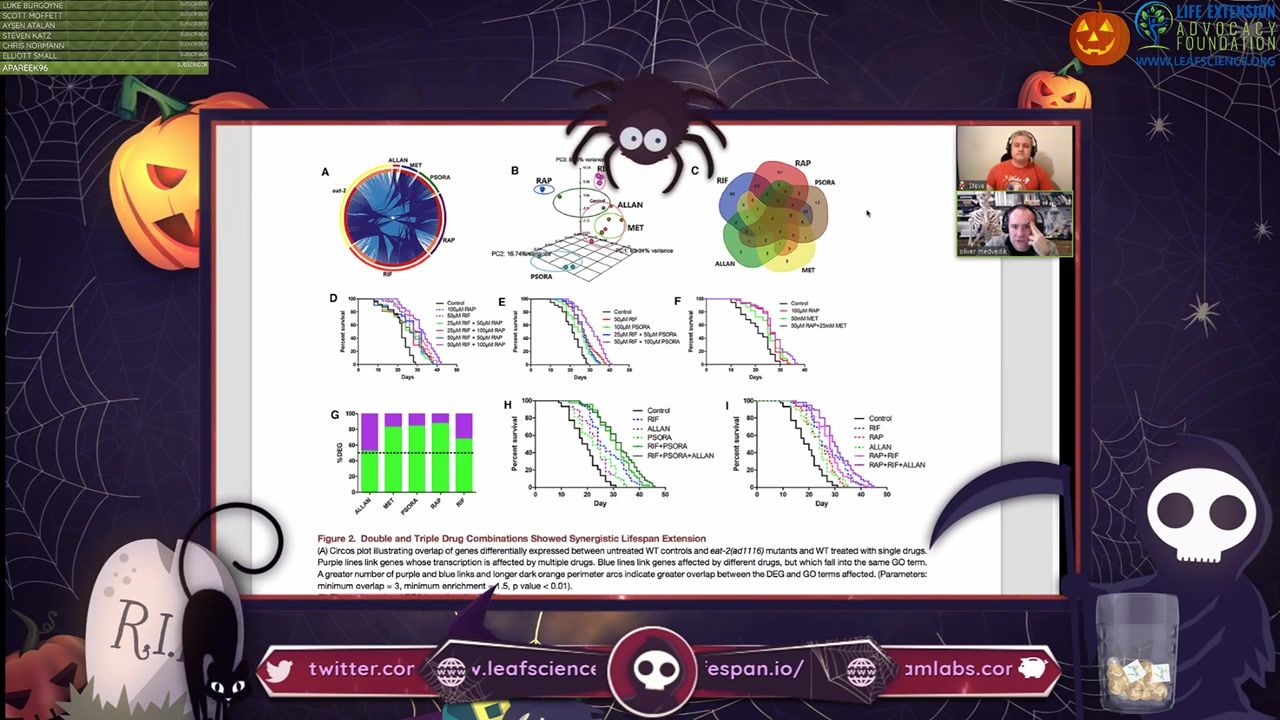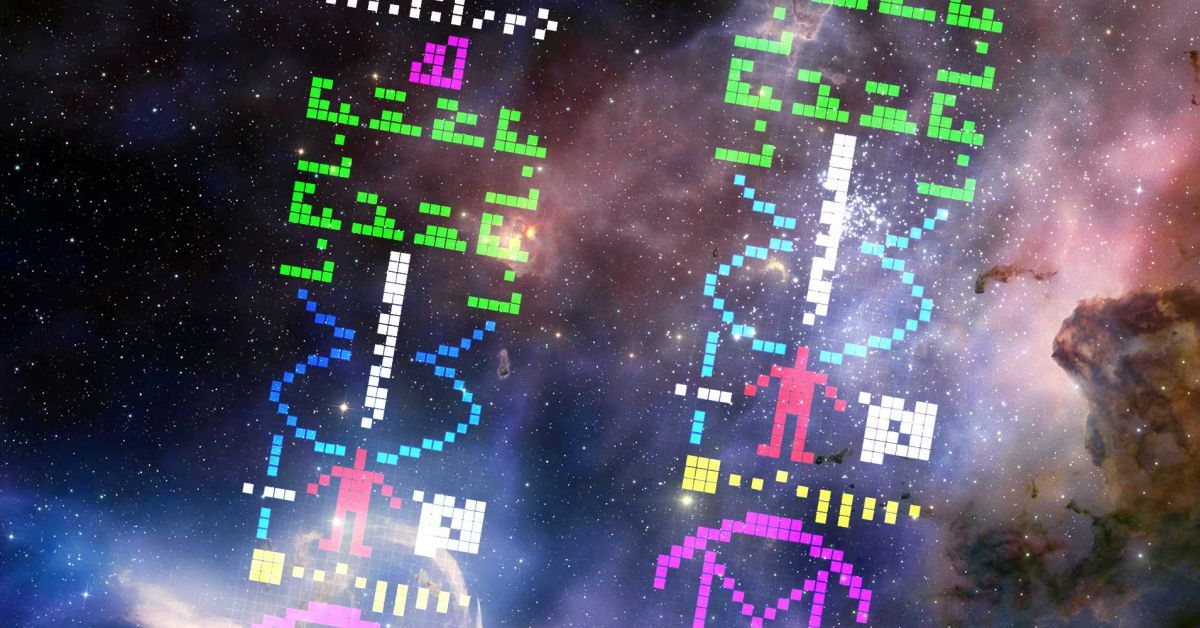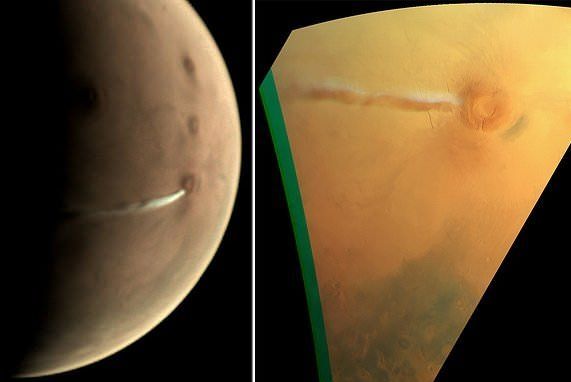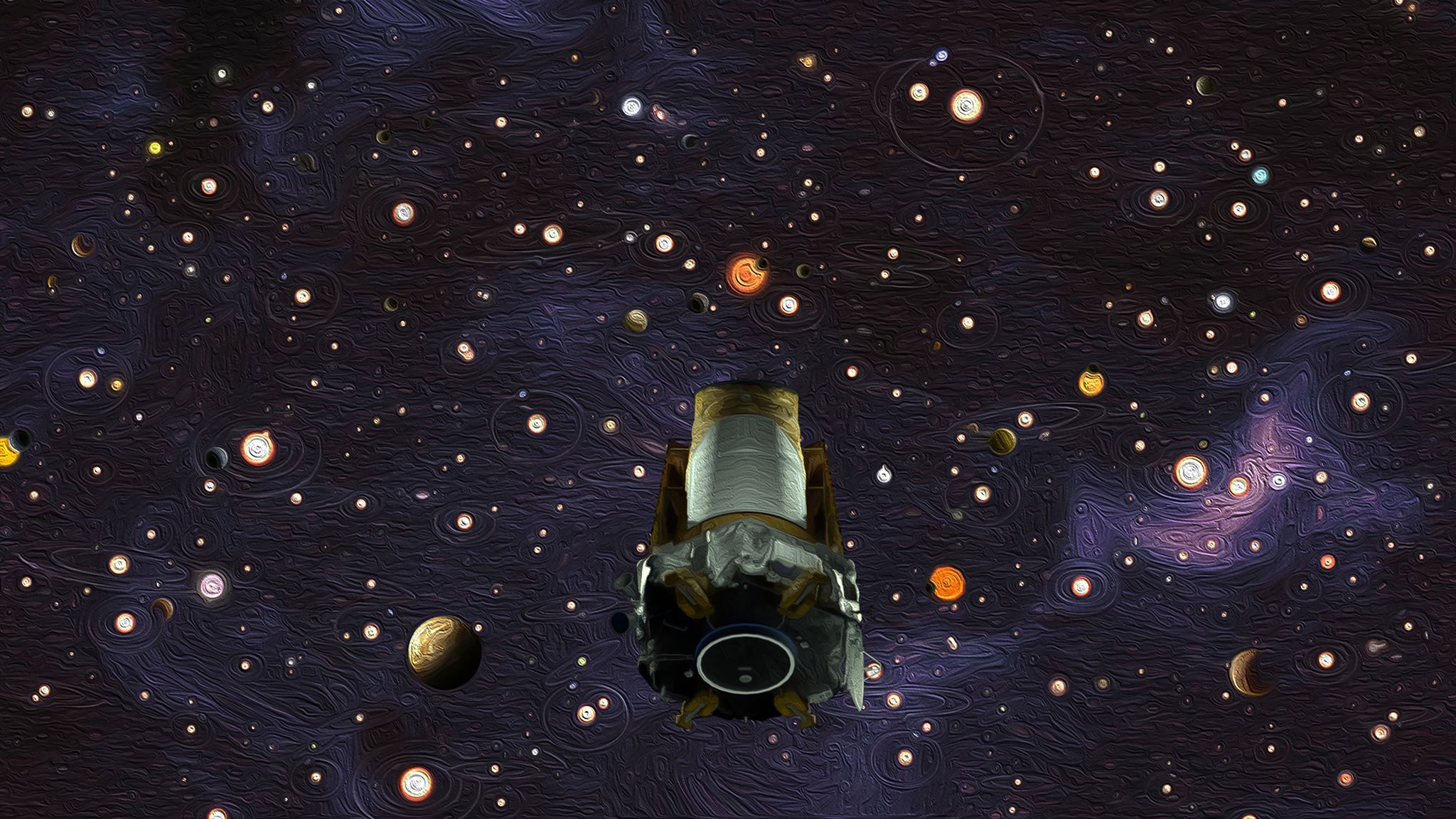Page 9356
Oct 30, 2018
Google Wants You to Build AI That Benefits Society
Posted by Michael Lance in category: robotics/AI
The “AI for Social Good” contest has a prize pool of $25 million.
Okay Google, feed the hungry.
Oct 30, 2018
Mysterious 900 MILE long ‘plume’ cloud spotted on the surface of Mars near a giant volcano
Posted by Michael Lance in category: space
Oct 30, 2018
Apple Releases iOS 12.1 With eSIM Support, Real-Time Depth Control, Group FaceTime, New Emoji and More
Posted by Mary Jain in categories: cybercrime/malcode, mobile phones, virtual reality

Group Facetime. I think this means we are closer to platforms that can support Virtual Reality… #Holodeck
Apple today released iOS 12.1, the first major update to the iOS 12 operating system designed for the iPhone and the iPad. iOS 12.1 comes more than a month after the September release of iOS 12 and a few weeks after iOS 12.0.1, a bug fix update.
Oct 30, 2018
Kepler telescope dead after finding thousands of worlds
Posted by Mary Jain in category: alien life
Rip Kepler 🕊
CAPE CANAVERAL, Fla. (AP) — NASA’s elite planet-hunting spacecraft has been declared dead, just a few months shy of its 10th anniversary.
Officials announced the Kepler Space Telescope’s demise Tuesday.
Continue reading “Kepler telescope dead after finding thousands of worlds” »
Oct 30, 2018
Researchers discover drug cocktail that increases lifespan College
Posted by Carse Peel in category: biotech/medical
Yale-NUS researchers discover drug cocktail that increases lifespan…
A community of learning, founded by two great universities, in Asia, for the world.
Oct 30, 2018
Journal Club October 2018 — Drug Synergy Slows Aging
Posted by Steve Hill in categories: biotech/medical, life extension

The October Journal Club will be focusing on a new study in worms where a combination of compounds acted in synergy to almost double lifespan.
SUMMARY There is growing interest in pharmacological interventions directly targeting the aging process. Pharmacological interventions against aging should be efficacious when started in adults and, ideally, repurpose existing drugs. We show that dramatic lifespan extension can be achieved by targeting multiple, evolutionarily conserved aging pathways and mechanisms using drug combinations. Using this approach in C. elegans, we were able to slow aging and significantly extend healthy lifespan. To identify the mechanism of these drug synergies, we applied transcriptomics and lipidomics analysis. We found that drug interactions involved the TGF-b pathway and recruited genes related with IGF signaling. daf-2, daf-7, and sbp-1 interact upstream of changes in lipid metabolism, resulting in increased monounsaturated fatty acid content and this is required for healthy lifespan extension. These data suggest that combinations of drugs targeting distinct subsets of the aging gene regulatory network can be leveraged to cause synergistic lifespan benefits.
Oct 30, 2018
The Air Force Wants Your Help Guarding Satellites From Space Junk
Posted by Michael Lance in categories: military, satellites
Oct 30, 2018
Computer theorists show path to verifying that quantum beats classical
Posted by Genevieve Klien in categories: computing, information science, quantum physics
As multiple research groups around the world race to build a scalable quantum computer, questions remain about how the achievement of quantum supremacy will be verified.
Quantum supremacy is the term that describes a quantum computer’s ability to solve a computational task that would be prohibitively difficult for any classical algorithm. It is considered a critical milestone in quantum computing, but because the very nature of quantum activity defies traditional corroboration, there have been parallel efforts to find a way to prove that quantum supremacy has been achieved.
Researchers at the University of California, Berkeley, have just weighed in by giving a leading practical proposal known as random circuit sampling (RCS) a qualified seal of approval with the weight of complexity theoretic evidence behind it. Random circuit sampling is the technique Google has put forward to prove whether or not it has achieved quantum supremacy with a 72-qubit computer chip called Bristlecone, unveiled earlier this year.
















